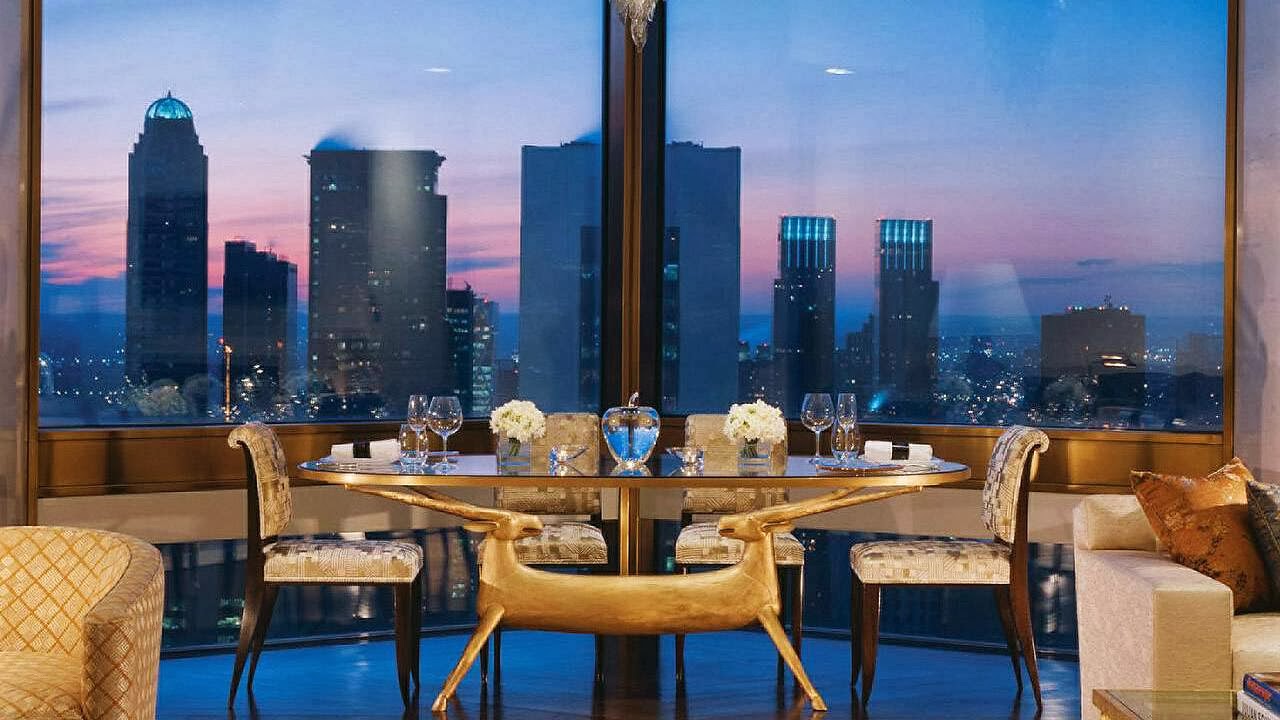Ask a hotel worker what all guests have in common and the answer may well be - they steal.
Whether staying in a 2-star motel or a 5-star luxury hotel, guests will steal whatever is not fixed, nailed, glued or screwed down. They steal bathrobes, towels, hangers, glasses, ashtrays, TV sets, and even artwork from the walls.
A few years ago, the Mayflower Hotel in Washington DC announced it was launching a no-questions-asked amnesty program for return of items pilfered throughout its eight-decade existence. This initiative came about when Keith McClinsey, the hotel's then sales manager, spotted a sliver champagne bucket for sale on eBay that had been filched by the seller's father during a long-ago party at the hotel.
At least one guest of the Peabody Hotel, New York, found the guilt of stealing from the hotel difficult to live with. The Peabody's manager received a $30 check with a heartfelt note signed "An Anonymous War Bride of 1943"from an 81 year-old making amends for a bathmat taken as a honeymoon souvenir.
On the flip side - guests leave all sorts of things behind when they check out of hotels. The most common items are dirty underwear and magazines, followed by regrettable souvenirs. Books are often abandoned too. About 7000 books are left behind annually in Travellodges alone.
The lost and found department of any luxury hotel is a treasure trove of the unusual and inappropriate. Here's a list of just some of the strange things reported as left behind by guests:
Monk's habit
Wedding dress
Artificial leg
False eye
Blow-up sheep
Keys to a Ferrari
Portable poker table
Whips
Inflatable sumo wrestler
A mini fridge filled with pickled asparagus
Have you heard of other weird things left behind? Let us know at


















